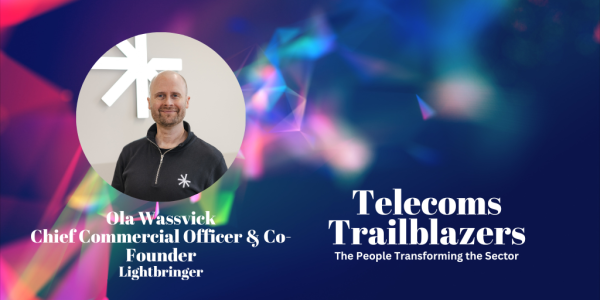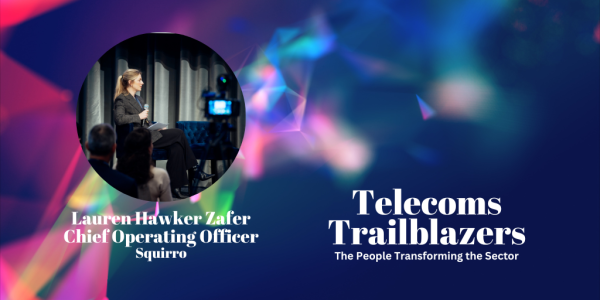
DySPAN is the premier international conference on spectrum innovation, typically held in the US. Bringing the event to the UK for 2025 is a triumph. The event will take place 12-16th May 2025 in London, with support from DSIT, Ofcom, UK Spectrum Policy Forum and Digital Catapult, alongside international collaborators.
UKTIN spoke to the event’s General Chair, Simon Saunders to learn more.
Please tell us about the DySPAN event.
The conference has been going on for many years and is now considered the primary event for spectrum innovation in both technology and policy. It started by focusing on the Dynamic Spectrum Allocation (DSA) but has expanded over time to include the full range of spectrum access innovation, including but not limited to DSA.
DySPAN had a very successful event earlier this year in Washington DC. There was an impressive amount of collaboration between researchers, industry and government. But while we had international representation, we wanted to ensure 2025’s event was a truly international affair. The organising committee and I discussed options and decided that London was the place to take the event global.
This is a brilliant, exciting opportunity to bring an international audience together, to get the conversation going. Most attendees will have experience with spectrum and policy issues. Research papers will be the event’s focus, however, the content will also be applicable and practical. You can expect a range of panel sessions with leading thinkers such as David Willis, Ofcom’s Director of Spectrum Policy and we will be working in cooperation with the UK Spectrum Policy Forum, whose annual spectrum policy event will be held in the same week, in the same venue.
Why is the event significant for the UK?
The UK has been selected to internationalise the event: this is the first time the event will be held outside the US since Covid-19. This shows the UK has an innovation-friendly environment around spectrum and wireless systems. We are at the centre of world-leading research, and many academics, countrywide, are on the organising committee. The UK is a gateway for doing business with other countries and Ofcom is a well-respected regulator globally.
Who should attend?
Anybody concerned with or interested in getting access to spectrum: researchers in universities and institutes, industry players in both the public and private sectors and regulators.
The event is focused on spectrum innovation. How critical is this area for telecoms?
Spectrum is the lifeblood of telecoms. We continue to see growth in the services and data carried over wireless telecom networks but this would not be possible without spectrum. It is finite. The only way to enable growth is to reuse the spectrum more efficiently, by sharing, being frugal and ensuring the allocated spectrum is fully used. It is hard to find policies and technologies to encourage them. It’s not only telecoms that needs spectrum: there are also science applications that use it to monitor global warming, for example.
How forward-thinking is the UK in terms of spectrum?
The UK is one of a handful of places with innovative approaches to spectrum assignment. The foundation of Ofcom in 2003 was based on adopting a market approach to spectrum, enabling it to be used more flexibly and traded according to needs. That model is under review at the moment. It has enabled a lot of great things to happen, but as we further stretch the spectrum usage, what happens next? There is a lot of thought about how to find intermediate approaches between long-term spectrum licences (like public mobile) and licence-exempt spectrum (like Wi-Fi) to make the spectrum available. The UK, and Ofcom, have pioneered local approaches, which have allowed innovative private mobile systems to operate but there are still limitations and a lack of automation. The UK has taken important steps but there is lots more to do.
Is there anything else our readers should know?
Put May 12-16th in your calendars and submit papers by the 27th of November. And keep an eye on the website at https://dyspan2025.ieee-dyspan.org/ for more news coming soon!









